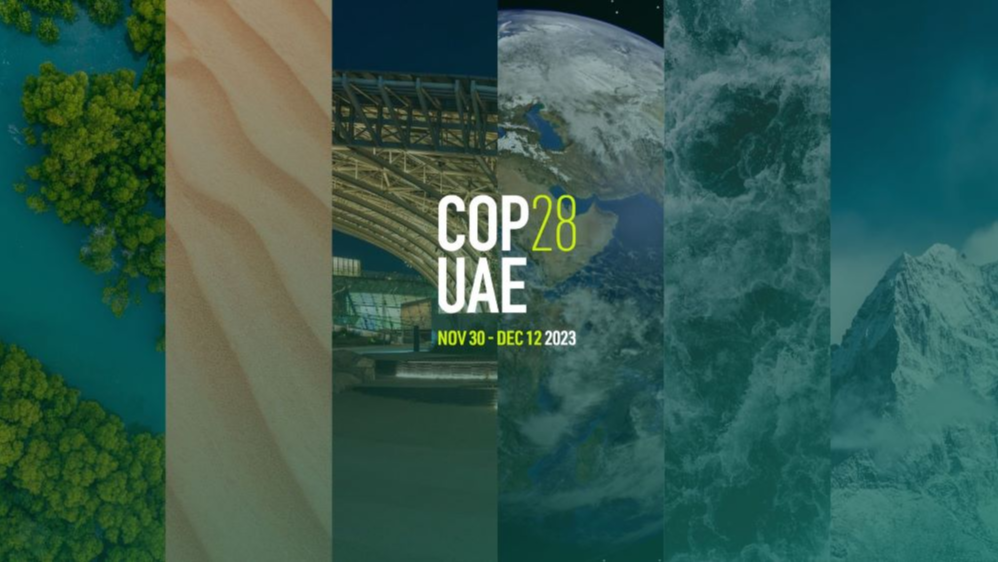
By María Josefina Arce
At the UN Conference on Climate Change, COP28, at the end of this month in Dubai, United Arab Emirates, the world will arrive in the midst of a not encouraging scenario. Studies reveal the increasingly frequent occurrence of extreme weather events.
According to UNEP, the UN Environment Program, periodic assessments of global warming point to record temperatures, droughts and rising sea levels that threaten the very existence of small island countries, which paradoxically are the least emitters of greenhouse gases.
This critical scenario jeopardizes agriculture and, therefore, food supply. For Latin America, the FAO, the Food and Agriculture Organization of the United Nations, estimates that events linked to climate change, together with the El Niño phenomenon, will have a negative impact on the food security of the region's citizens.
Addressing this climate crisis requires science-based policies, said UNEP. This is an aspect on which Cuba has insisted, as a nation and pro tempore president of the Group of 77, a responsibility it assumed in January of this year.
The meeting held in Havana last July of the Ministers of Environment, Science and Technology of the bloc emphasized the importance of promoting international cooperation in science, technology and innovation, in a common effort to protect the environment and achieve a sustainable use of natural resources.
Precisely in the final declaration of the Summit of the coordination mechanism, held last September in the Cuban capital, the importance of technology transfer to developing nations was reiterated, since the existing barriers in this aspect limit adaptation to climate change.
A position defended by Cuba at the UN as president pro tempore of the Group of 77. In the debate at the highest level of the seventy-eighth session of the UN General Assembly, Cuban President Miguel Díaz Canel pointed out that access for all to science and technology, together with other actions, is necessary to support the efforts of the South to advance towards sustainable development, which includes care for the planet.
The Greater Antilles has a State Plan to confront climate change, called Tarea Vida, which is based on science and technology and responds to national goals and international commitments.
At the head of the Group of 77, it has shared several projects with developing countries. These projects work on assessment, impact mitigation, capacity building for disaster risk reduction and adaptation.
Cuba has made its experience and scientific knowledge in this area available to other nations, aware of the importance of collaboration to confront climate change and bequeath a habitable planet to future generations.

